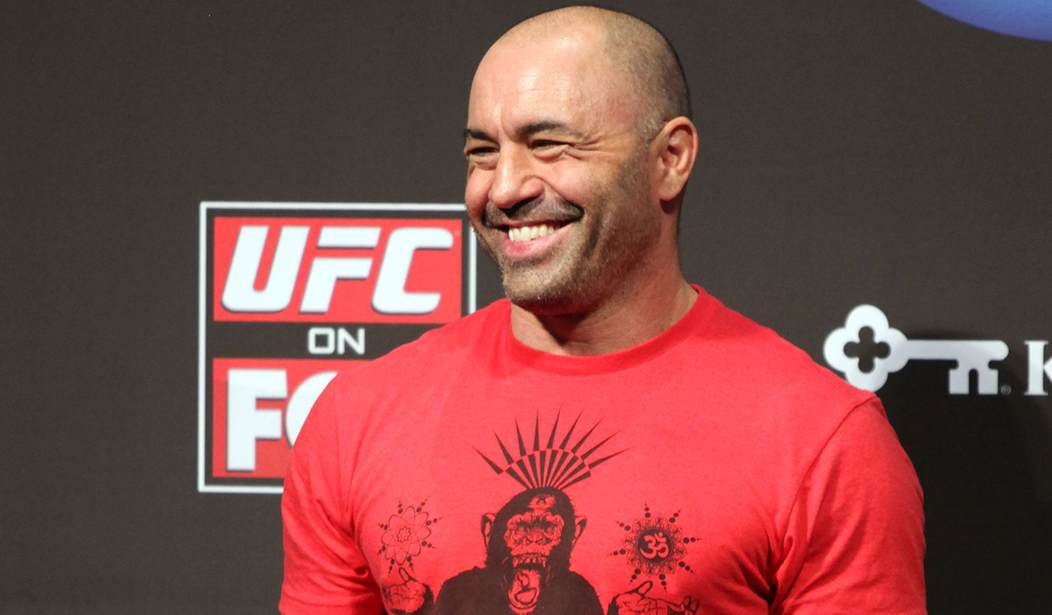This Monday, Neil Young told Spotify, "They can have Rogan or Young. Not both." His comments were an attempt to get the online platform to deplatform the Joe Rogan Experience, a podcast with an average audience of 11 million people.
Controlling content is nothing new to online platforms. Twitter, Facebook and YouTube have all deplatformed people based on the content that they distribute through their platforms. The challenge is in determining who controls what speech is allowed and what speech is not allowed.
Subsequently, Young took down his open letter asking Spotify to deplatform Joe Rogan, but the whole incident raises questions about who is or should be in charge of who gets to say what where.
While I have never listened to Rogan's podcast, I do believe that he should have the ability to speak freely even if people disagree with him. If you've ever been to the Hyde Park Speakers' Corner on the northeast corner of the park in London, you can appreciate the importance of allowing all types of people to speak about whatever they want, regardless of whether other people agree with them.
When one begins to attempt to control speech, then one can begin to control thoughts as well. This is antithetical to our Founders' belief in free speech and freedom of expression, especially in the arena of politics. However, we have always had people who have wanted to censor what is said in our country in order to keep others from being hurt or to avoid triggering uncomfortable discussions.
As Margaret Thatcher so rightly proclaimed, "First you win the argument, then you win the vote." This can happen only in a country with freedom of speech.
Substack is one of the few online platforms focused on providing free speech. Last December, its founders, Chris Best, Hamish McKenzie and Jairaj Sethi, posted their thoughts on free speech and deplatforming in an article titled "Substack's view of content moderation: Building a system that puts readers and writers in charge." They addressed the concerns about moderating and potentially censoring content.
Recommended
"There are no doubt some people, alarmed by the events of recent history, who will argue that Substack should put free speech concerns behind a need to cultivate a more controlled community that can guarantee safe spaces to all involved ... that we should cultivate a community of writers and ideas that fall within a narrow window of a specific conception of respectability; that we should embrace the role of moral police (as long as it conforms with their views)," they wrote.
"We just disagree with those who would seek to tightly constrain the bounds of acceptable discourse," they continued. "We think the principles of free speech can not only survive the internet, but that they can help us survive as a society that now must live with all the good and bad that the internet brings."
Their take is that if Substack publishes only that with which they agree, and that which is agreeable, the boundaries would be ever-tightening and would therefore limit free speech.
Why is freedom of speech so important that it is mentioned in our First Amendment? Because freedom of thought can happen only with freedom of speech. Squashing speech is simply an attempt to control thought, and one can control thought only by controlling people.
But let's go back to the First Amendment. It's the first because of the importance of what was included. "Congress shall make no law respecting an establishment of religion, or prohibiting the free exercise thereof; or abridging the freedom of speech, or of the press; or the right of the people peaceably to assemble, and to petition the Government for a redress of grievances." This was specifically added to address the problems that had led people from around the world to flee their home countries to come to America. Religious freedom was part of what drove the pilgrims to come to our shores.
Freedom of speech is important because controlling speech leads to controlling thoughts, which is what totalitarian regimes do to suppress dissent. What happens when speech control is combined with press control and the inability to gather in protest? It becomes easy to control a country.
So, while you may not like Rogan or, like me, you may never have listened to him, it's important to let him talk as much as he'd like and about whatever he'd like. A free society is best kept free by allowing various points of view to be heard, deliberated and discussed. If all speech is the same, well, it's not that free, is it?

























Join the conversation as a VIP Member